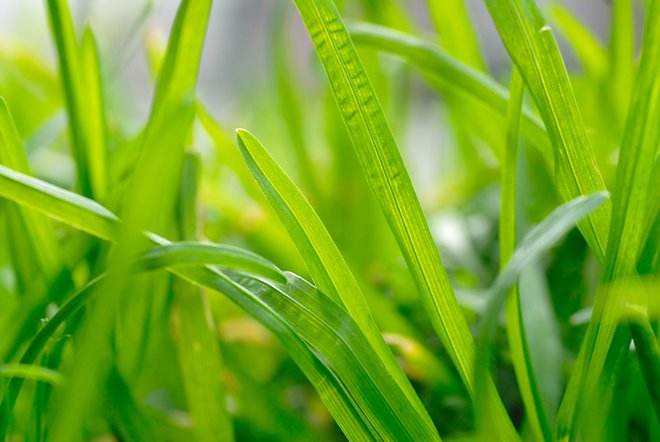
Science Daily reported 27 Apr that scientists have found the missing link to understanding how plants make Vitamin C, possibly the most important small molecule whose biosynthetic pathway remained a mystery until now.
A group of UCLA and Dartmouth researchers uncovered the last unknown enzyme in the synthesis of vitamin C in plants. An essential vitamin for people, vitamin C is well known as an antioxidant and enzyme cofactor. Humans lost the ability to make vitamin C and need to take it up from dietary sources, particularly from plants.
In 1998 a biosynthetic pathway was proposed to explain how plants make vitamin C, although the gene responsible for the seventh step of the proposed 10-step pathway from glucose to vitamin C remained unknown. The gene coded for a VTC2 enzyme that is responsible for the long sought seventh step in vitamin C synthesis. The researchers hope their discovery may lead to new strategies for increasing vitamin C levels in food crops, which could mean more nutritious foods as well as potentially higher crop yields.
Note: This story has been adapted from a news release issued by Dartmouth Medical School.
A group of UCLA and Dartmouth researchers uncovered the last unknown enzyme in the synthesis of vitamin C in plants. An essential vitamin for people, vitamin C is well known as an antioxidant and enzyme cofactor. Humans lost the ability to make vitamin C and need to take it up from dietary sources, particularly from plants.
In 1998 a biosynthetic pathway was proposed to explain how plants make vitamin C, although the gene responsible for the seventh step of the proposed 10-step pathway from glucose to vitamin C remained unknown. The gene coded for a VTC2 enzyme that is responsible for the long sought seventh step in vitamin C synthesis. The researchers hope their discovery may lead to new strategies for increasing vitamin C levels in food crops, which could mean more nutritious foods as well as potentially higher crop yields.
Note: This story has been adapted from a news release issued by Dartmouth Medical School.


No comments:
Post a Comment